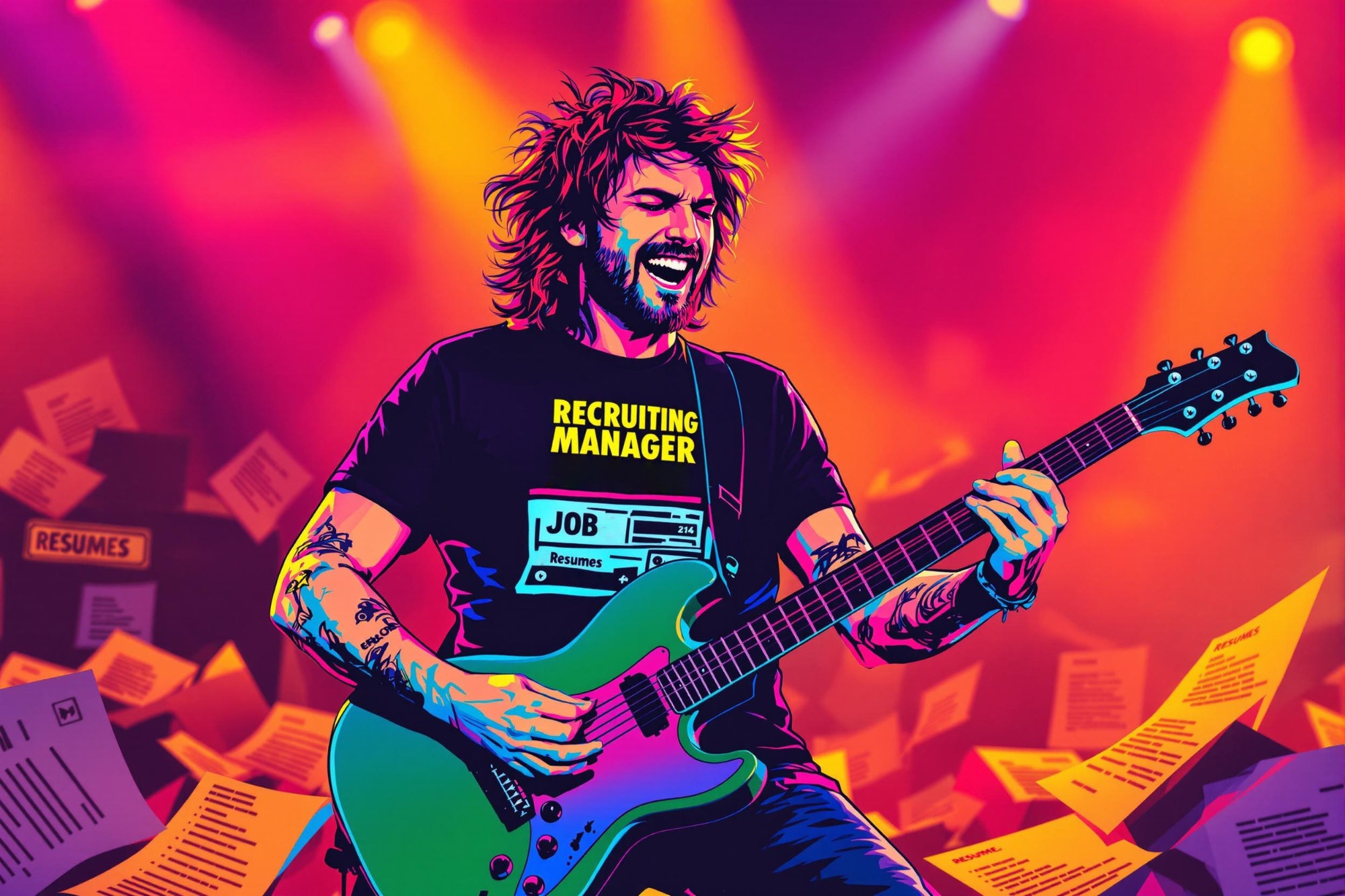
Dance Studio
A Dance Studio is a specialized facility where dance instruction, rehearsals, and sometimes performances take place. In the context of ballet production and professional dance careers, it refers to both the physical space and the business entity that manages dance education and training. Think of it as a professional workplace for dancers, similar to how an office serves business professionals. Studios typically feature specific equipment like mirrors, barres, specialized flooring, and proper lighting that are essential for dance training and practice.
Examples in Resumes
Managed daily operations of a professional Dance Studio serving 200+ students
Choreographed and rehearsed productions in Dance Studio setting for regional ballet company
Implemented safety protocols and maintenance procedures for Dance Studio facilities
Coordinated schedules for multiple Dance Studio spaces serving professional company members
Typical job title: "Dance Studio Managers"
Also try searching for:
Where to Find Dance Studio Managers
Professional Organizations
Job Boards
Online Networks
Example Interview Questions
Senior Level Questions
Q: How would you handle the annual budget planning for a large dance studio with multiple revenue streams?
Expected Answer: Look for answers that demonstrate experience with financial management, including tuition pricing, staff payroll, facility maintenance costs, performance production expenses, and revenue optimization strategies.
Q: Describe your experience with developing and implementing dance programs for different age groups and skill levels.
Expected Answer: Strong answers should show understanding of curriculum development, class scheduling, student progression tracking, and ability to maintain high teaching standards across multiple programs.
Mid Level Questions
Q: How do you manage relationships with dance parents while maintaining professional boundaries?
Expected Answer: Should discuss clear communication policies, handling complaints professionally, organizing parent meetings, and balancing customer service with educational integrity.
Q: What systems do you use to track student progress and maintain attendance records?
Expected Answer: Look for familiarity with studio management software, documentation methods, progress reporting, and ability to organize large amounts of student data.
Junior Level Questions
Q: How would you handle a situation where a student is placed in the wrong level class?
Expected Answer: Should demonstrate understanding of assessment procedures, tactful communication with parents and students, and knowledge of proper level placement protocols.
Q: What safety procedures are essential in a dance studio environment?
Expected Answer: Should mention proper floor maintenance, temperature control, first aid knowledge, emergency procedures, and basic injury prevention measures.
Experience Level Indicators
Junior (0-2 years)
- Basic studio operations and scheduling
- Customer service and parent communication
- Class management and attendance tracking
- Basic safety and emergency procedures
Mid (2-5 years)
- Program development and implementation
- Staff scheduling and supervision
- Student assessment and placement
- Event and recital coordination
Senior (5+ years)
- Financial management and budgeting
- Marketing and business development
- Curriculum design and quality control
- Strategic planning and growth management
Red Flags to Watch For
- No experience with dance studio management software
- Poor understanding of dance education principles
- Lack of knowledge about safety protocols and injury prevention
- Limited experience in customer service or parent relations
- No background in dance or performing arts administration
Need more hiring wisdom? Check these out...

When Job Ads Dance: Why Your Next Hire Might Come From a 20-Second TikTok

Unlock Hidden Talent: How Internal Rotation Programs Spark Career Exploration and Boost Retention

Lost in Translation? How a Hybrid Mentorship Database Bridges Cross-Regional Talent

